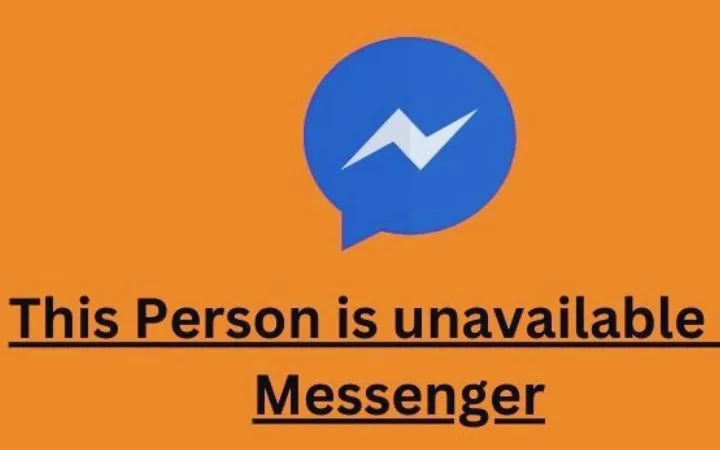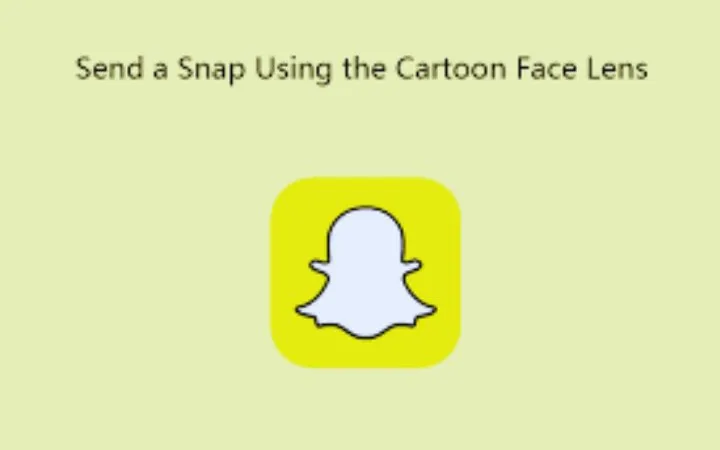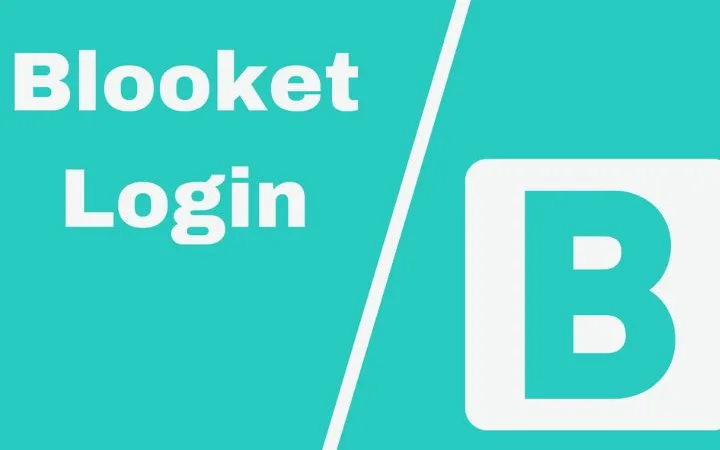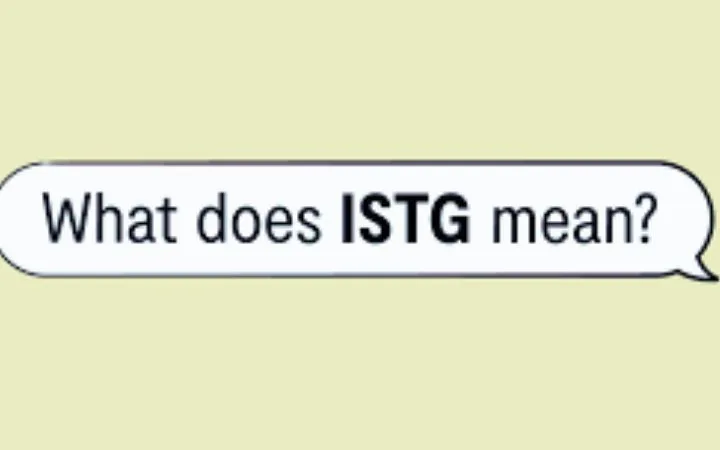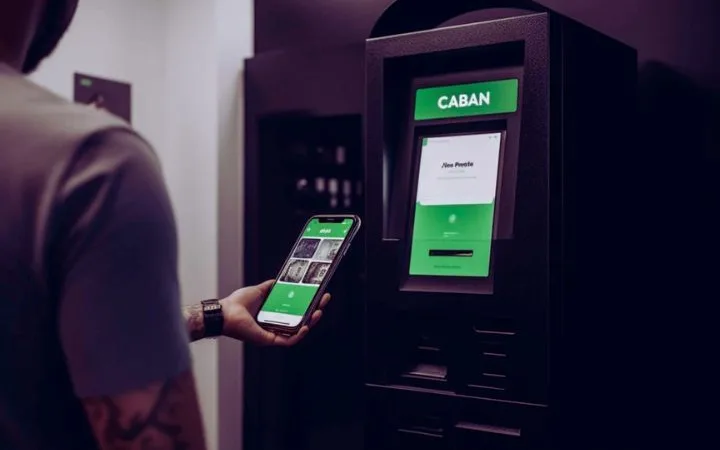What Does Mhm Mean: Complete Guide
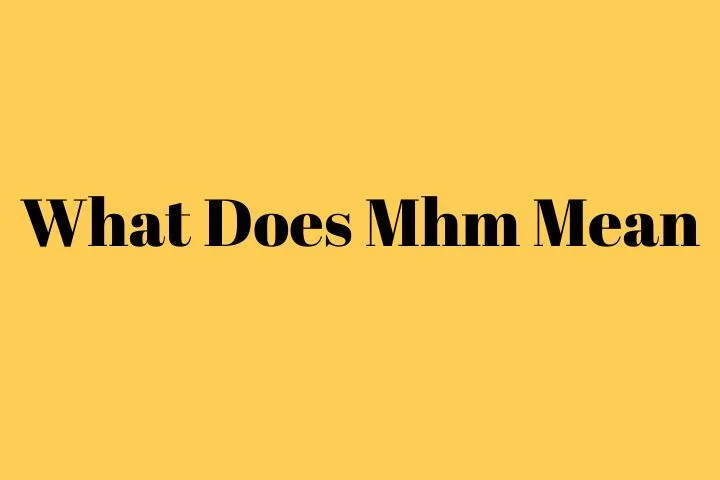
Mhm Meaning: “Mhm” is one of those ubiquitous linguistic phenomena that effortlessly punctuates our conversations, yet its meaning and significance often go unnoticed. This seemingly innocuous interjection holds a plethora of connotations, serving as a versatile tool for communication in various contexts. Exploring the depths of “mhm” unveils a fascinating intersection of linguistics, psychology, and social dynamics.
At its core, “mhm” functions as a conversational cue, indicating acknowledgment, agreement, or understanding. Its brevity lends it to quick, casual exchanges, where a simple affirmation suffices. However, its subtlety allows for nuances that reflect the complexities of human interaction.
In its most straightforward interpretation, “mhm” signals passive agreement. It’s the verbal equivalent of a nod or a shrug, acknowledging the speaker’s point without necessarily expressing strong affirmation or dissent. In this sense, it lubricates the wheels of conversation, maintaining the flow without disrupting the speaker’s momentum.
Yet, the power of “mhm” lies in its ambiguity. Its tone, inflection, and timing can imbue it with layers of meaning beyond a simple acknowledgment. A drawn-out “mhm” might convey skepticism or doubt, subtly questioning the speaker’s assertion. Conversely, a brisk, clipped “mhm” can signal unequivocal agreement, reinforcing the speaker’s point with unwavering support.
Furthermore, the context surrounding “mhm” can significantly alter its significance. In a therapeutic setting, for example, a therapist might use “mhm” to encourage a client to continue speaking, signaling active listening and empathy. Similarly, in a negotiation, responding with “mhm” can indicate receptiveness to the other party’s proposals, fostering a collaborative atmosphere.
The evolution of technology and communication platforms has also influenced the usage of “mhm.” In text-based interactions, such as messaging or online forums, “mhm” serves as a convenient shorthand for acknowledging received information. Its brevity and universality make it an indispensable tool for efficient communication in the digital age.
Moreover, the frequency and manner in which individuals use “mhm” can reveal underlying social dynamics and power structures. In hierarchical relationships, subordinates might employ “mhm” more frequently as a form of deference or submission, whereas peers might use it more sparingly, signaling a balance of power. Conversely, overuse of “mhm” in a conversation can suggest disinterest or disengagement, potentially straining interpersonal relationships.
Psychologically, the act of uttering “mhm” can have profound effects on both the speaker and the listener. For the speaker, it provides a sense of validation and connection, affirming their contribution to the conversation. Conversely, for the listener, hearing “mhm” can foster a sense of being heard and understood, promoting rapport and trust.
However, despite its widespread usage and multifaceted nature, “mhm” is not without its limitations. Its ambiguity can sometimes lead to misunderstandings or misinterpretations, especially in sensitive or complex discussions where clarity is paramount. Additionally, over-reliance on “mhm” as a conversational crutch can hinder genuine engagement and active listening, diminishing the quality of communication.
In conclusion, “mhm” may seem like a simple, innocuous utterance, but its significance extends far beyond its brevity. As a versatile tool for communication, it bridges gaps, facilitates understanding, and shapes the dynamics of human interaction. Whether uttered in agreement, acknowledgment, or empathy, “mhm” serves as a testament to the richness and complexity of language in all its forms.

